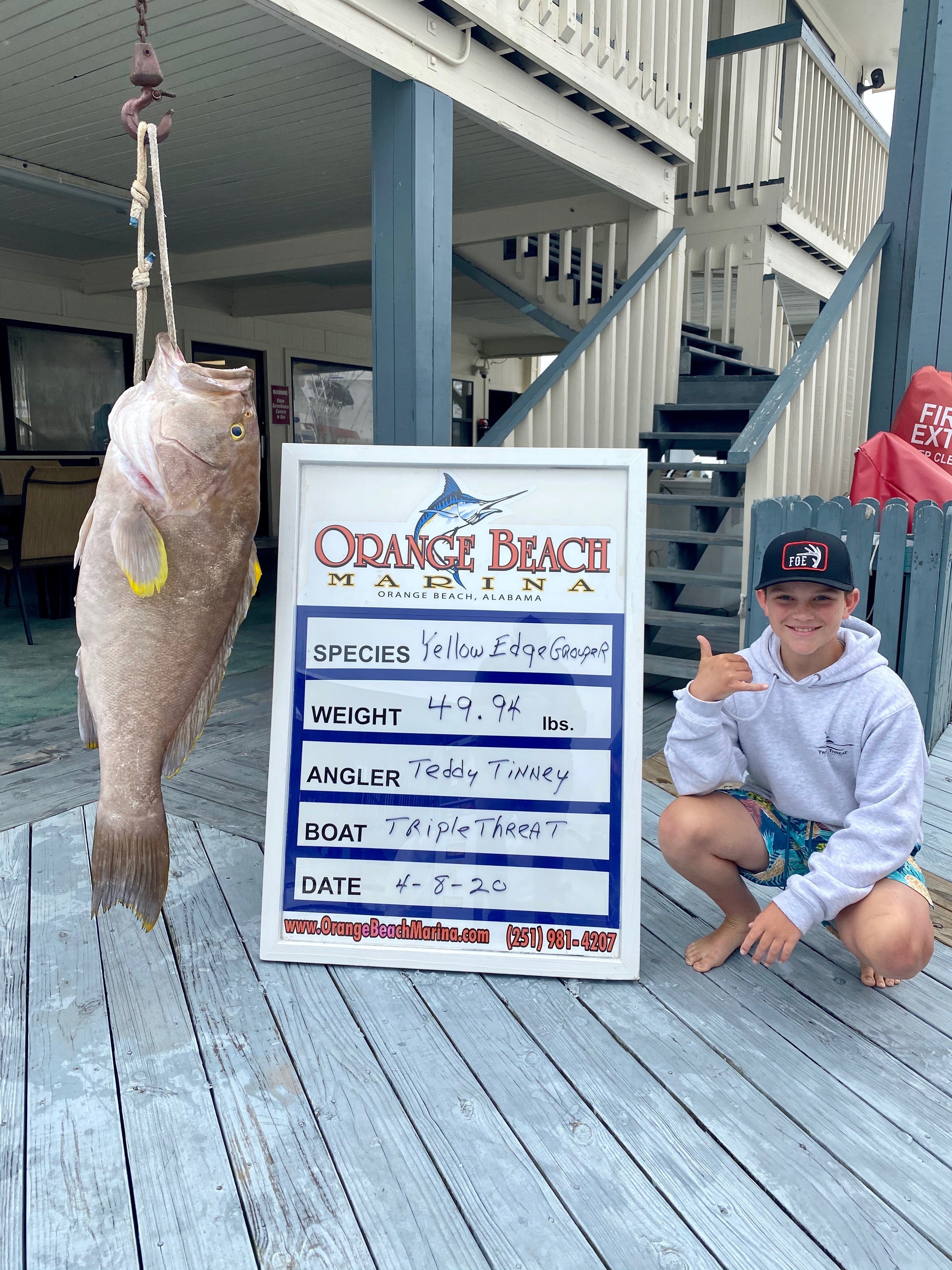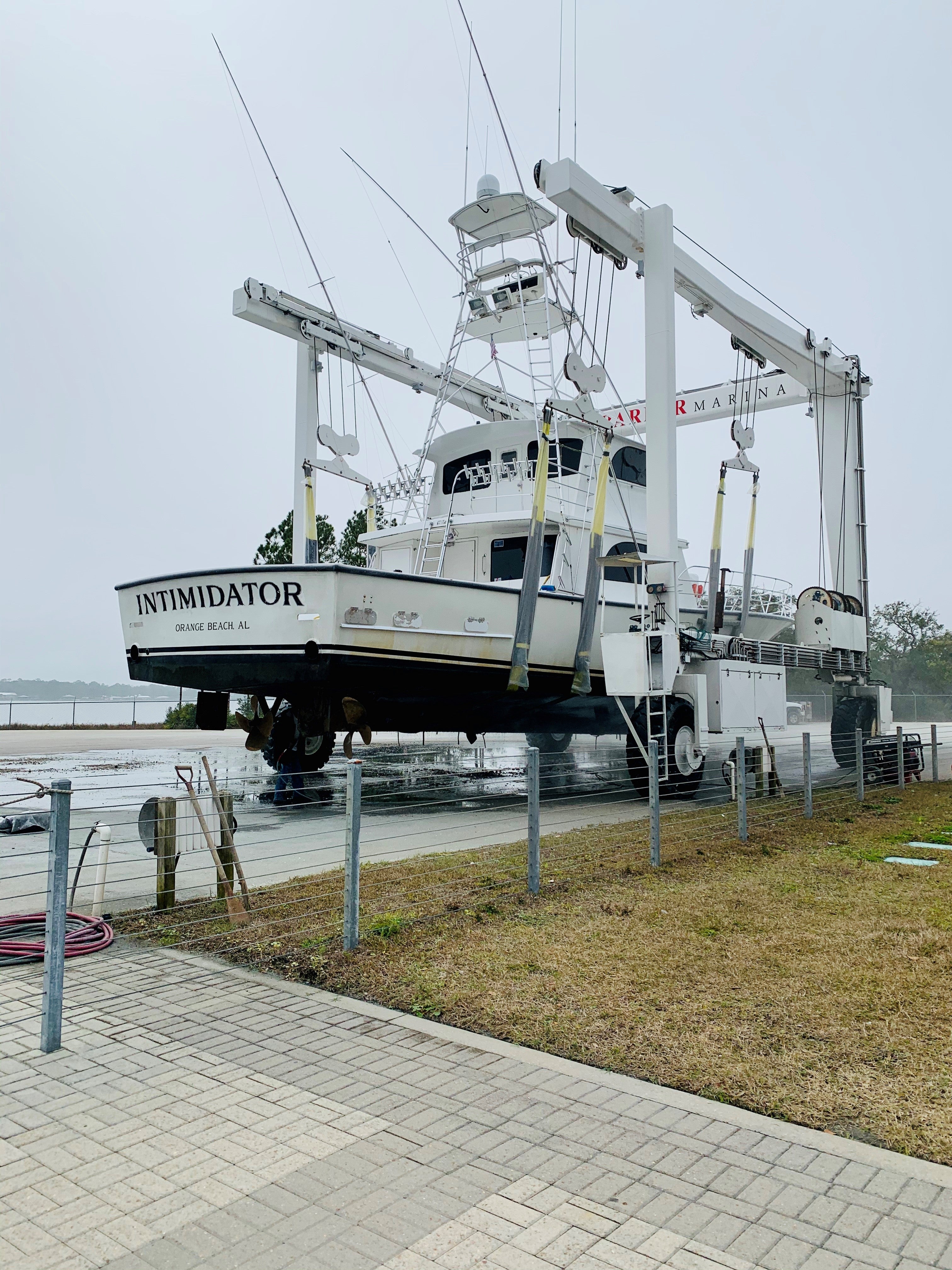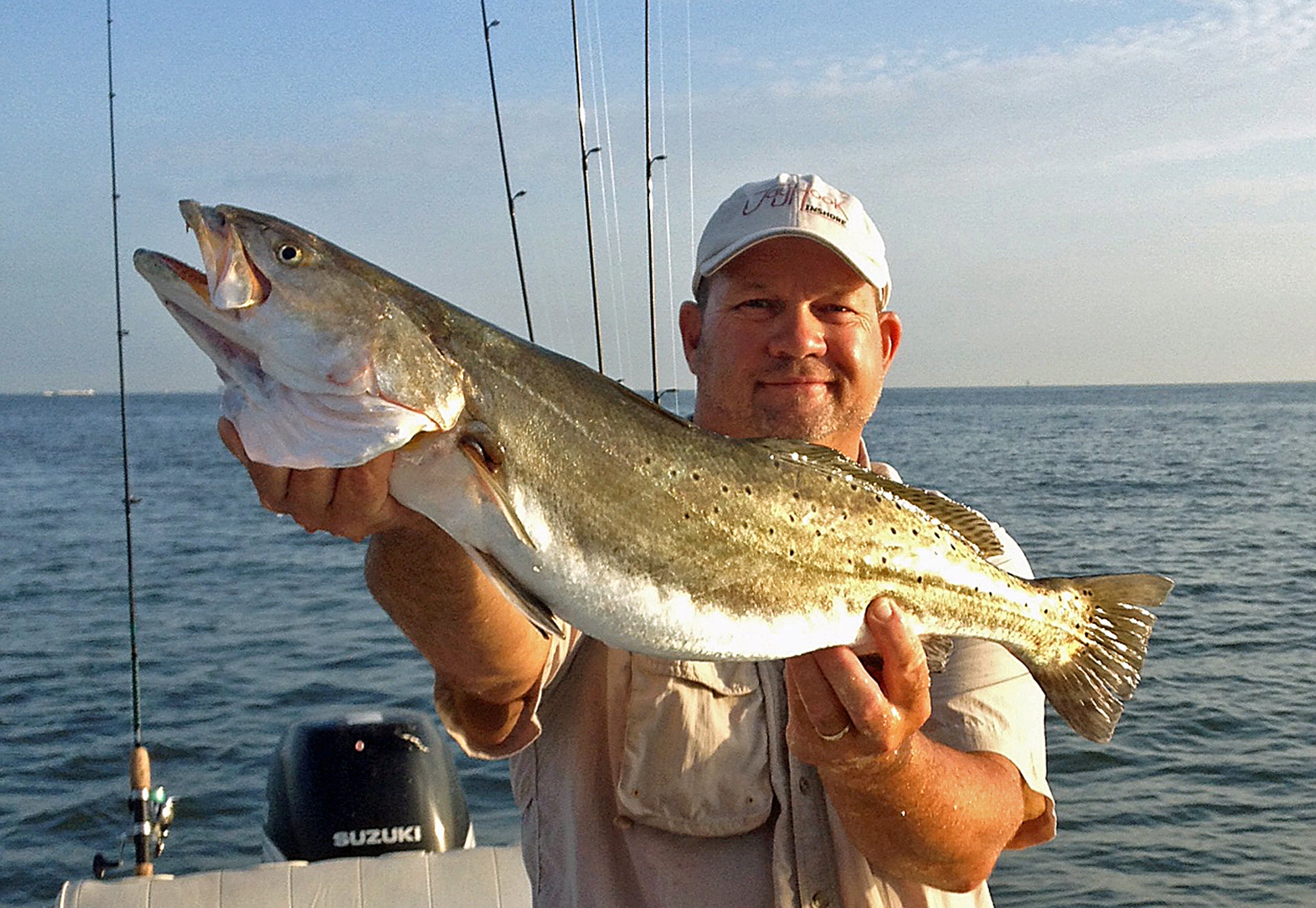By DAVID RAINER, Alabama Department of Conservation and Natural Resources
It’s like a recurring nightmare. Thankfully, that bad dream has only occurred once every 10 years or so.
Unfortunately, it’s not a dream.
For the charter boat fleet and inshore fishing guides along the Alabama Gulf Coast, the shutdown caused by the COVID-19 virus has caused flashbacks to the spring of 2010 and the Deepwater Horizon oil spill that paralyzed the northern Gulf Coast.
After the oil spill, the Gulf of Mexico and some inshore waters were closed to fishing. In this situation, the Gulf is open, but the customers are gone for the most part. Alabama Governor Kay Ivey and Conservation Commissioner Chris Blankenship have done everything possible to keep the outdoors open, but those who venture out must follow the social distancing guidelines.
Capt. Johnny Greene, who runs the 65-foot Intimidator out of Orange Beach, was enjoying some of the best fishing the Gulf has to offer until the virus started taking its toll on his bookings.
“We were set for the best year we’ve ever had,” Greene said. “We were pretty booked up. Then it started dwindling down as people started dealing with the reality of what was going to happen. Trips started canceling from a few days out to a few weeks out to a month out. At this point, I think the reality is we’re just trying to save red snapper season. I don’t know what will come about between now and then.”
The charter industry’s peak business occurs during for-hire snapper season, which is currently scheduled to open June 1 and run through August 1.
“We just don’t know,” Greene said. “It looks like nobody is going to fish much in April, and who knows about May.”
Alabama Marine Resources Division Director Scott Bannon is concerned about the impact the shutdown is having on one of Alabama’s favorite pastimes, not to mention the economic harm.
“The pandemic is impacting all aspects of fishing, and I have concerns that some business, especially charter, will not have the financial means to make it through this,” Bannon said. “About $300 million will become available through the CARES Act to specifically address fishing impacts. But we don’t know when that is coming or how it will be divided, and that has to cover the entire country. We do have hope that the restrictions will be lifted by summer and people will want to travel and fish on the Gulf Coast and that will help all aspects of the economy to get started again.”
Meanwhile, some boats are large enough to abide by the virus mitigation guidelines, and Greene is fortunate enough to have one.
“I can carry up to 10 people on the boat and make it work,” he said. “That would be eight passengers and two crew. My boat is in the upper echelon of charters in terms of size. I can spread people out. But a lot of boats are not as big as mine, and it’s going to cause tremendous hardships if people don’t get back to work pretty quick.”
During the offseason, the charters spend money advertising and preparing their boats for the fishing season, which usually cranks up during spring break and runs through the summer. Boat bottoms are cleaned of barnacles and new paint is applied. Engine maintenance is conducted, and propellers are refurbished. Nothing indicated they should put on the brakes.
“We just went through a long winter period of inactivity,” Greene said. “As heavily seasonal as we are, if you go through the boatyard, we had no predictions of this – you know, don’t do this or that. You’re spending your money to make preparations and get your boat ready. Then all of a sudden, you can’t go.
“That’s the hard part. There are probably going to be some boats that may not make it through this deal. We just don’t know what’s going to happen.”
Greene said his boat was booked for almost every day in March and most of April.
“It all started to fall apart in March,” he said. “I mean, what are we going to say to somebody if they’re scared and don’t want to go. It’s a tough deal, and it’s going to affect a lot of people.”
The uncertainty of when the virus is going to peak and start to diminish is what makes it difficult for the independent contractors like the charter captains and their deck hands.
“It brings back memories of the oil spill,” Greene said. “April 20th is the 10-year anniversary of the oil spill, and it looks like we’ll be sitting here at the dock on that day.”








